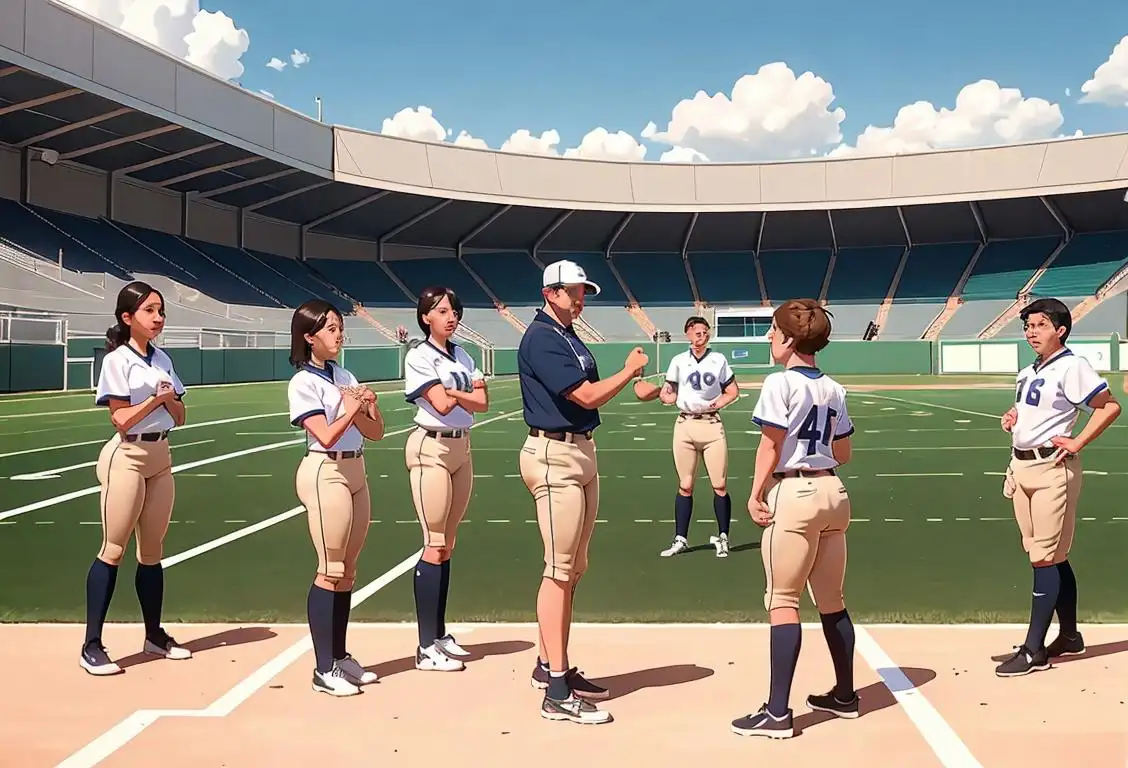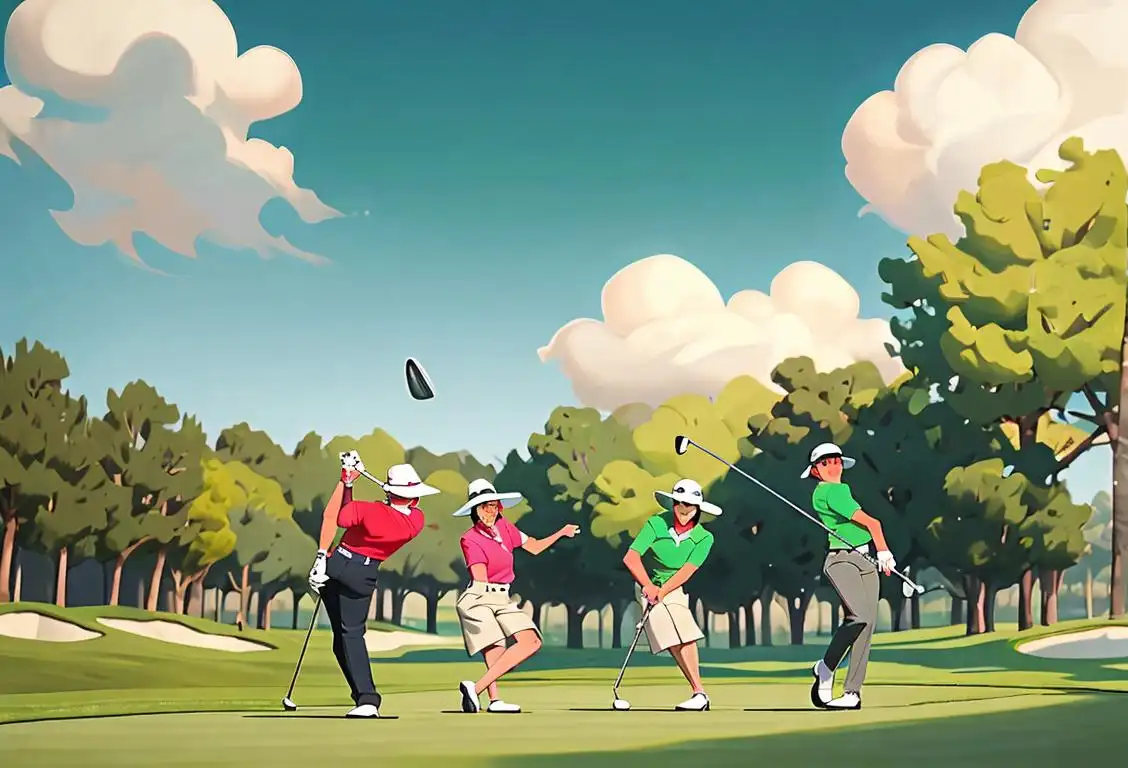National Coaches Day

Uh-oh! Are you forgetting someone very important to our game days? Someone who, without them, your favorite teams wouldn't even exist? Yes indeed, we’re tipping our caps to none other than our beloved coaches. Welcome to our downright jovial tribute to National Coaches Day, where we dive into the internet's rabbit hole of love for this much celebrated and sporty day.
When is Coaches Day?
It's national coaches day on the 6th October.
The Whistle Blower's Delight
For those wondering, 'When is National Coaches Day?' or 'Is there even such a thing?', yes siree, there is! And you're tardy for the party if you're not already hyped about it. With 14673 mentions online, National Coaches Day seems to have drummed up quite the fan-following, peaking on the 6th of October, 2020. Like an underdog team making a victorious comeback, who expected this?
Three Cheers for the Coaches!
No quest for victory is complete without our trusty coaches at the helm and National Coaches Day shines the spotlight on these unsung heroes. They are the ones who mould our athletes, guide our teams, and harness raw talent into spectacular performances that keep us on edge of our seats. Can we get a 'Hip, Hip, Hurray!' for that?
A Day Of Gratitude
National Coaches Day is more than just a fun-filled day of whistles, sweatbands and stopwatches. It's a day to reflect, appreciate and offer a hefty dose of gratitude to the men and women who've held the coaching reins, weathered all storms and led us to many a sports victory. So, here's to the coaches, breaking down strategies in the locker room or shouting out from the sidelines. We salute you!
History behind the term 'Coaches'
15th century
Origins in transporting aristocrats
In the 15th century, the term 'coach' originated as a noun to describe a type of horse-drawn carriage. It was primarily used to transport aristocrats and wealthy individuals between their residences and social gatherings. Coaches were typically large, luxurious vehicles that provided a comfortable and elegant means of transportation.
17th century
Development of specialized coachmakers
By the 17th century, the demand for coaches grew significantly, leading to the emergence of specialized coachmakers. These skilled craftsmen crafted coaches with intricate designs, lavish interiors, and ornate exteriors. These coaches became a symbol of status and prestige for the upper class, showcasing their wealth and social standing.
19th century
Introduction of stagecoaches
During the 19th century, the concept of stagecoaches gained popularity. Stagecoaches were sturdy, four-wheeled vehicles designed for long-distance travel, carrying passengers and mail along established routes. These coaches played a significant role in the development of transportation networks, connecting towns and cities across various regions.
19th century
Transition to horse-drawn public transportation
In the late 19th century, the term 'coach' expanded to encompass horse-drawn vehicles used for public transportation. Coaches were utilized in urban areas as a means of public conveyance, providing a more efficient alternative to walking. These horse-drawn coaches often had specific routes and stops, similar to modern-day bus systems.
20th century
Introduction of motorized coaches
With the advent of the 20th century, coaches transitioned from horse-drawn to motorized vehicles. The introduction of the internal combustion engine revolutionized transportation, making coaches faster, more reliable, and less dependent on horses. Motorized coaches became an essential mode of long-distance travel and public transport, paving the way for the modern bus and coach industry we know today.
Did you know?
Did you know that National Coaches Day shares its date with 'Mad Hatter Day'? So if a coach also loves a good Alice in Wonderland reference, they're in for double the celebrations!Tagged
awareness fun appreciation sports coachesFirst identified
6th October 2015Most mentioned on
6th October 2020Total mentions
14673Other days
Coaches Day
Equipment Managers Appreciation Day
Teacher Appreciation Day
Memorial Day
Cancer Survivors Day
Gymnastics Day
Foundation Day
Fitness Day
Dance Day
Golf Day








